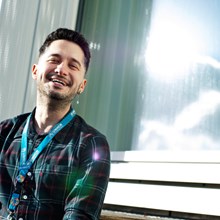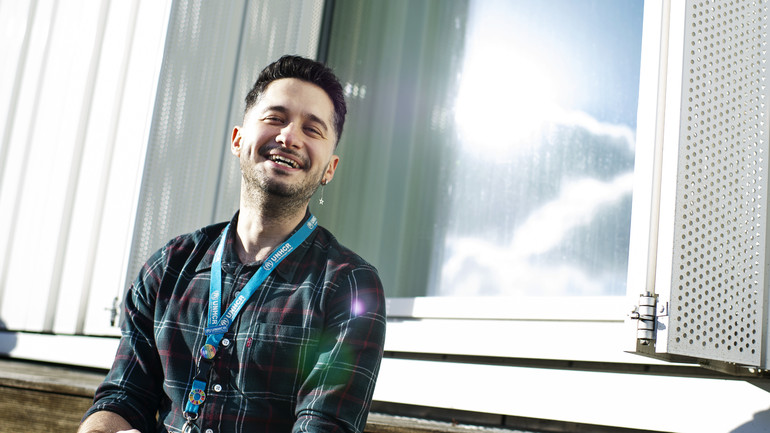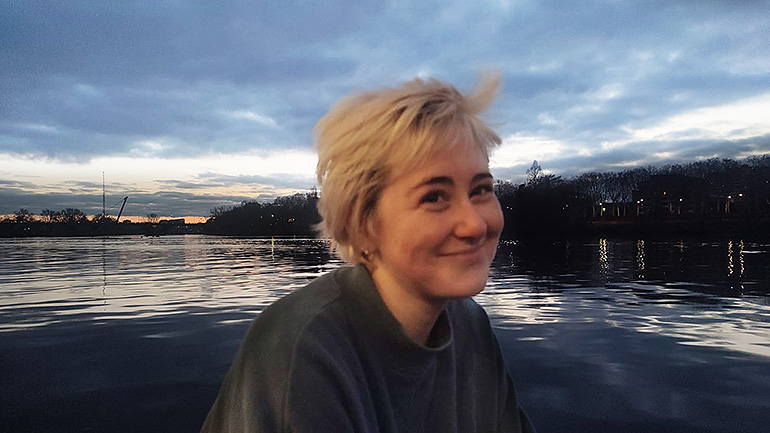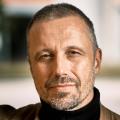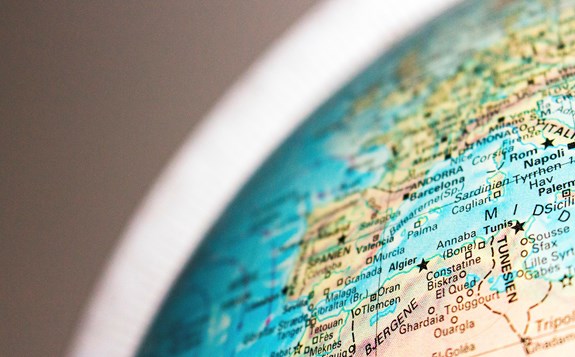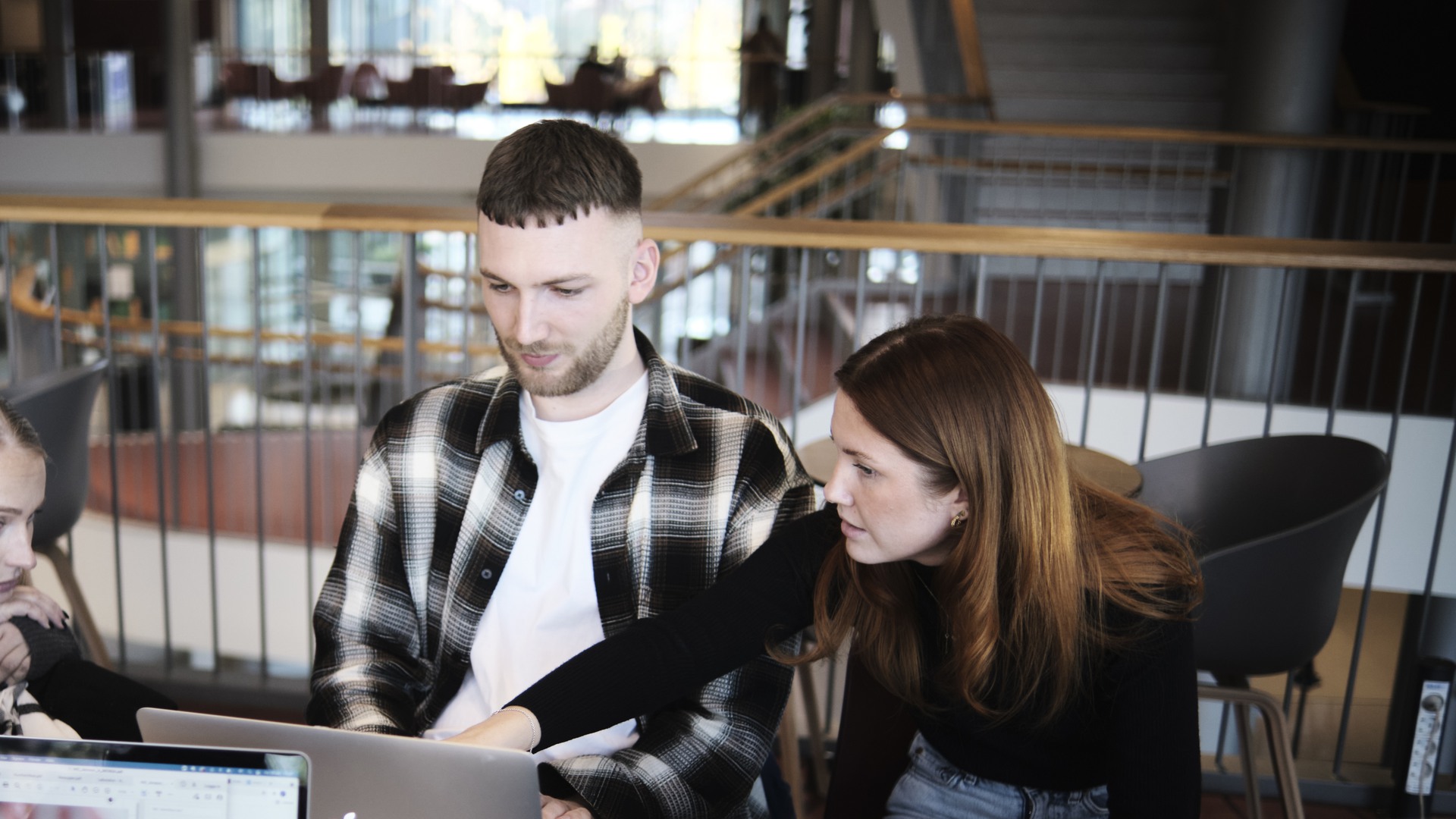An eye-opening journey to diversity
Originally from Turkey, Akinalp Orhan moved to Sweden to study in the master’s programme in International Migration and Ethnic Relations. Shortly after graduating from the two-year programme, Akinalp got a job at UNHCR, the UN Refugee Agency. He now works as an information management officer in Copenhagen, less than an hour away from Malmö University.
Why did you choose the programme?
I knew that I wanted to study migration studies and looked for education across Europe. I had been an exchange student in Stockholm before and was already used to the Swedish education system, which is different from many other countries. I got offered the master’s scholarship by Malmö University, but before I made my decision, I familiarised myself with the University’s teaching environment, publications, and major projects. The decision was an easy one to make.
What did you take with you from the studies?
One of my key takeaways from my studies is critical thinking. The University and the teachers really pushed us to think beyond the norm, challenge the structure, and question what we know as the ”truth”. I see a significant positive impact of this in my day-to-day job.
I also valued the focus on intersectionality. Until then, I had never reflected on my personal history and never thought about how my own identities intersect with one another. Learning more about intersectionality and becoming more familiar with black women writers was eye-opening.
Another key topic was postcolonialism. In the second year, you will have the opportunity to study abroad, do an internship or take freestanding courses. I decided to take courses, from which one was about postcolonialism and intersectionality. That was one of the best decisions I made during my studies.
How did your studies prepare you for your current work?
After graduation, I worked in UNHCR for some time, preparing research and policy documents. Because I was dealing with issues concerning state and citizenship, I was constantly relying on the knowledge I acquired from my studies.
When people ask me about my study background, I always tell them that taking a master’s degree really teaches you to master the topic in focus. It’s not supposed to be easy, and you need to spend a lot of your time reading, writing, thinking and improving yourself. Just like in working life, you must use critical thinking. At UNHCR, I look at previous policies and doctrines critically, and I have my master’s studies to thank for that. Teachers are very good at pushing you to be critical, ask questions, question societal structures and challenge your own beliefs.
What is your impression of Malmö University?
I often tell people about the library with its large windows. The campus is centrally located and spread out in different parts of the city. If you want to change the environment, you can choose another building.
Academic writing is an important skill to focus on when starting your studies, especially if English isn’t your first language. The University provides webinars and lectures in academic writing. The help I got with the linguistics perspective and with structuring my texts has been extremely valuable, for example, when I got my first job after graduation.
The teaching environment is also something I appreciated, and it turned out to be highly diverse. To have students from so many different backgrounds was an enriching experience. For example, I got to study with people from South America. For someone from Turkey, it is such a distant region, and we learned very much from each other.
